WHO’s Guidelines for Cancer Prevention and Management in Southeast Asia

Photo: RDNE Stock project on Pexels.
We are now experiencing several crises simultaneously, from climate change to food security. These crises directly impact our health and may increase the risks of fatal diseases if no proper actions are taken. In this light, the World Health Organization has published a strategy for cancer prevention and management in Southeast Asia.
Ever-Increasing Risk Factors
Almost 10 million deaths that occurred in 2018 were due to cancer. It is the second leading cause of death globally. In Southeast Asia alone, the WHO estimated that 2.4 million new cancer cases and 1.5 million deaths happened in 2022, and the number is expected to increase by over 85% by 2050.
Tobacco use, alcohol consumption, low fruit and vegetable intake, and lack of physical activity are among the risk factors for cancer. Moreover, the ongoing polycrisis can also add to or aggravate the risk factors above. Air pollution, whose level and severity have escalated in recent years, has increasingly become a risk factor for lung cancer. Similarly, the changing climate heavily affects food systems, eventually disrupting the availability and affordability of nutritious food.
WHO’s Cancer Prevention and Management Strategy
Easing the burden of cancer treatment is crucial for patients and the healthcare system. This can be done by reducing risk factors, conducting screening and early diagnosis, and ensuring suitable treatments and support for cancer patients and their families.
To improve the response to cancer prevention and management in the region, the WHO South-East Asia Secretariat has developed the Regional Strategy for Comprehensive Cancer Prevention and Management 2024–2030, with input and contribution from the Member States.
At the beginning, the document notes that while efforts for cancer prevention and management have progressed, challenges persist in less-than-optimal national policies and programs. Each country in Southeast Asia has a different capacity and maturity in handling the disease, which leads to a higher mortality-to-incidence ratio (64.5%) in the region compared to high-income countries (36.5%).
Therefore, the WHO’s guidance proposes seven strategic priorities to guide countries’ actions in cancer prevention and management:
- Strategic priority 1: Formulate national cancer control plans with strong governance and accountability.
- Strategic priority 2: Strengthen effective cancer prevention policies and programs.
- Strategic priority 3: Prioritize and implement early diagnosis and screening with appropriate resources.
- Strategic priority 4: Scale-up capacity to implement cancer management with quality improvement.
- Strategic priority 5: Improve access to supportive care, survivorship care, and palliative care.
- Strategic priority 6: Assess the burden, monitor trends and outcomes of cancer.
- Strategic priority 7: Partner with communities, civil society, the private sector, and other stakeholders.
Collaboration for Better Public Health
Public health is our common responsibility, which is why the Regional Strategy emphasizes stakeholder and community engagement, multisectoral actions, and social participation as key enablers for implementing cancer prevention and management in Southeast Asia.
“The plan is designed to leverage support from the global initiatives on childhood, cervical, and breast cancers, and the focus on tobacco-related cancers. Recognizing the need for coordinated multi-pronged actions from government and partners, the regional strategy delineates actions to be taken by all stakeholders,” wrote Ms. Saima Wazed, Regional Director of WHO South-East Asia.
“Together, we can drive rapid and sustained progress towards the 2030 targets for a healthier, more equitable, and sustainable future.”

Join Green Network Asia Membership
Amidst today’s increasingly complex global challenges, equipping yourself, team, and communities with interdisciplinary and cross-sectoral insights on sustainability-related issues and sustainable development is no longer optional — it is a strategic necessity to stay ahead and stay relevant.

Kresentia Madina
Madina is the Assistant Manager of Stakeholder Engagement at Green Network Asia. She holds a bachelor’s degree in English Studies from Universitas Indonesia. As part of the GNA In-House Team, she supports the organization's multi-stakeholder engagement across international organizations, governments, businesses, civil society, and grassroots communities through digital publications, events, capacity building, and research.


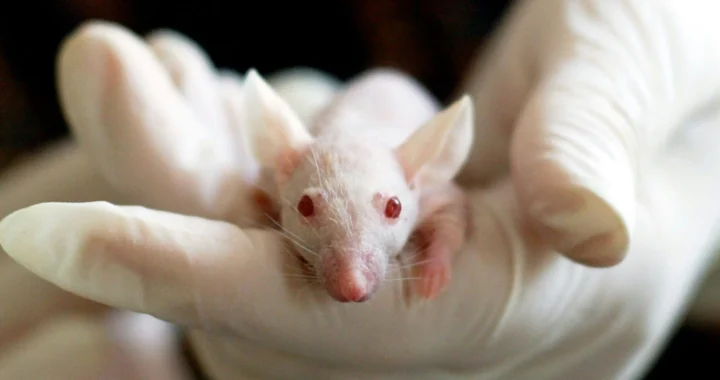 Exploring Technological Advancement to Replace Animal Testing
Exploring Technological Advancement to Replace Animal Testing 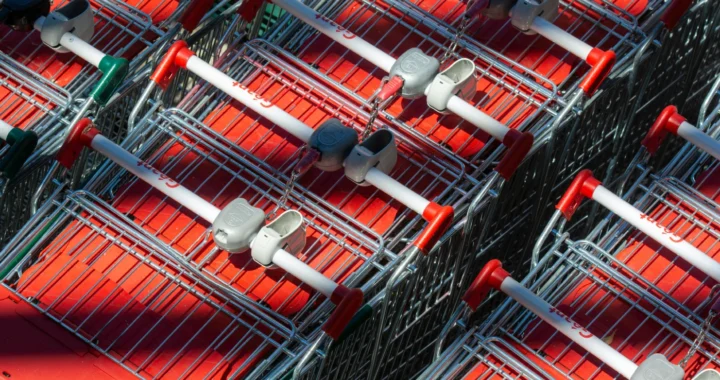 Addressing Overconsumption for Transformational Changes
Addressing Overconsumption for Transformational Changes 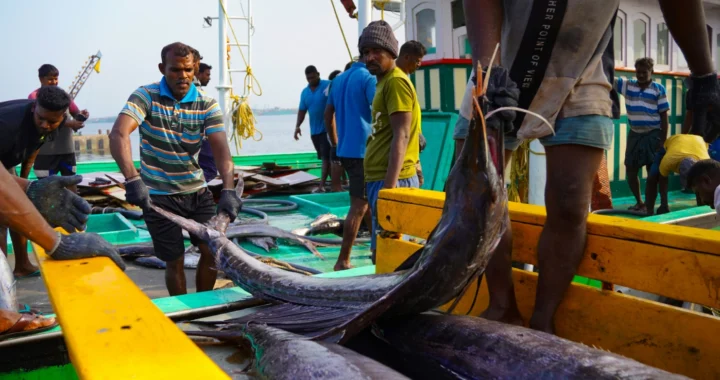 Global Reform on Fisheries Subsidies Signals a Hopeful Shift Toward Ocean Sustainability
Global Reform on Fisheries Subsidies Signals a Hopeful Shift Toward Ocean Sustainability  A Major Cause of Changing Rainfall Patterns
A Major Cause of Changing Rainfall Patterns 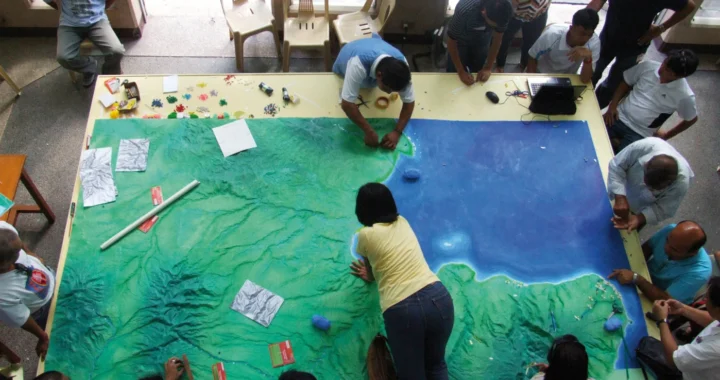 Strengthening Disaster Risk Governance at Local Levels
Strengthening Disaster Risk Governance at Local Levels 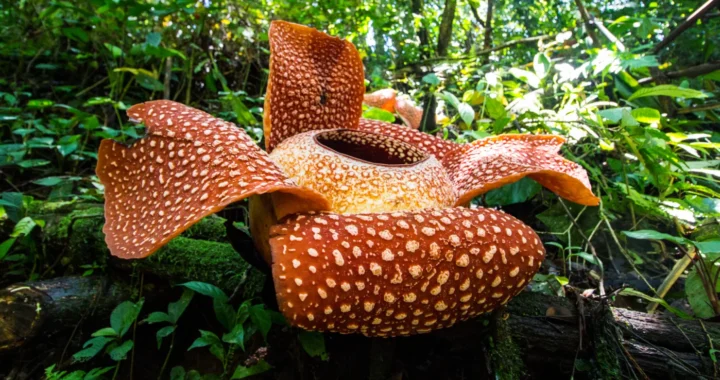 Recognizing the Role of Local Communities in Biodiversity Conservation
Recognizing the Role of Local Communities in Biodiversity Conservation